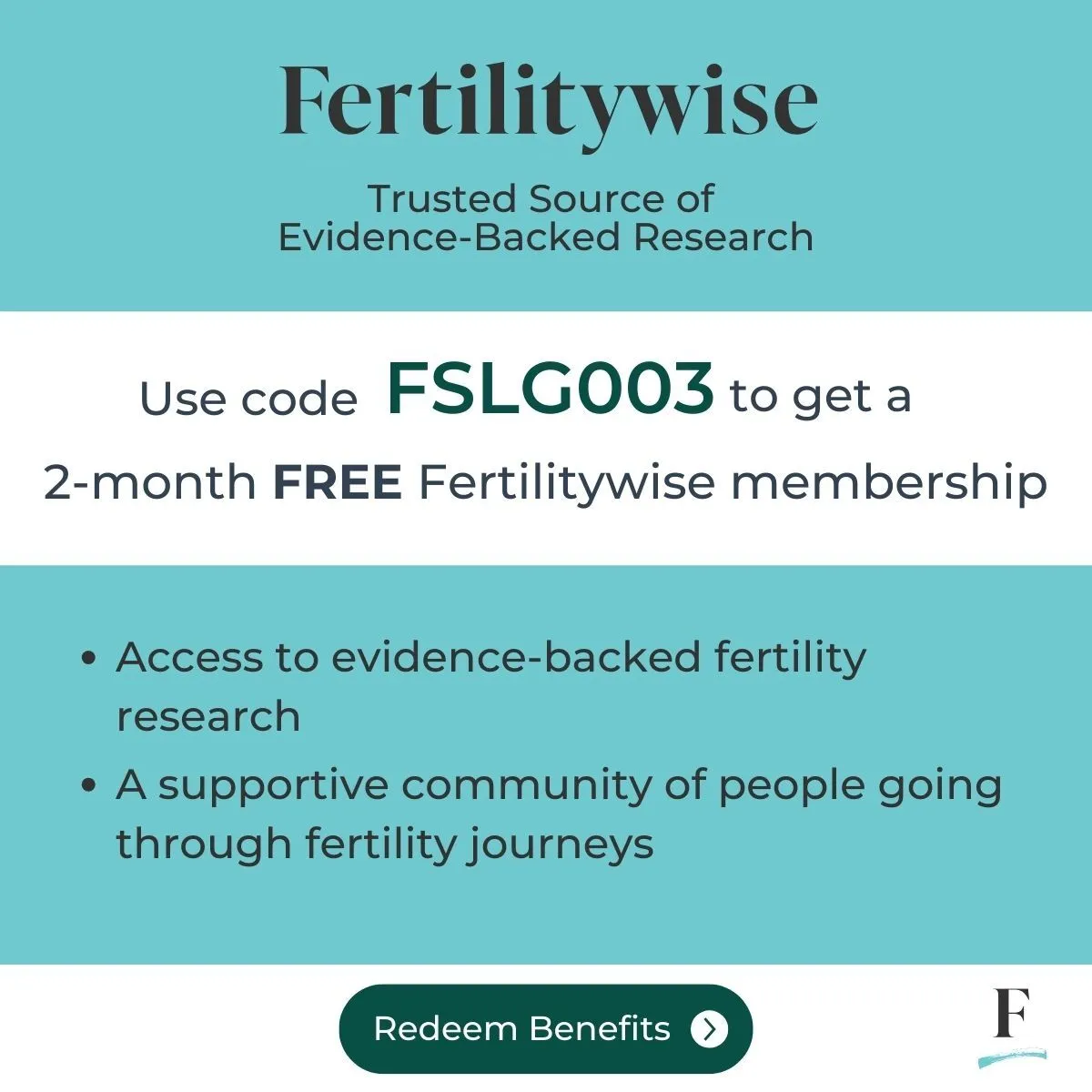Fertility is a complex process that involves multiple factors, including genetics, age, lifestyle, and environmental factors. Diet is one of the lifestyle factors that can have a significant impact on fertility. In recent years, there has been growing interest in California and throughout the United States in the relationship between diet and fertility, with studies suggesting that what you eat can affect your ability to conceive.
Folic acid and iron
Research has shown that certain nutrients are essential for reproductive health and fertility. For example, folic acid, a type of B vitamin, is important for the development of the neural tube in the early stages of pregnancy. A deficiency in folic acid can lead to neural tube defects in the fetus.
Iron is another nutrient that is crucial for reproductive health, as it helps to maintain healthy blood levels and prevent anemia, which can affect ovulation.
Dietary patterns
In addition to specific nutrients, studies have also looked at the impact of overall dietary patterns, such as time-restricted eating, on fertility. For example, women who follow a Mediterranean-style diet seem to have a higher likelihood of becoming pregnant. The Mediterranean diet is rich in fruits, vegetables, whole grains and lean proteins, and has been associated with a lower risk of chronic diseases such as heart disease and diabetes.
On the other hand, diets high in processed foods and sugar have been linked to a higher risk of infertility. Similarly, a diet high in trans fats, which are commonly found in processed foods, has been associated with a higher risk of ovulatory infertility.
Diet isn’t everything in fertility
It’s important to note that while diet can have a significant impact on fertility, it is not the only factor to consider. Age, medical conditions and lifestyle factors such as smoking and alcohol consumption can also affect fertility. However, making changes to your diet can be a simple and effective way to improve your overall reproductive health.
Maximizing your fertility through diet
There is growing evidence to suggest that diet can affect fertility. Eating a healthy, balanced diet that is rich in nutrients and low in processed foods and sugar can maximize your chances of becoming pregnant. However, it’s essential to optimize all lifestyle choices, a strategy that will bring a synergistic effect in your quest to have a baby.

